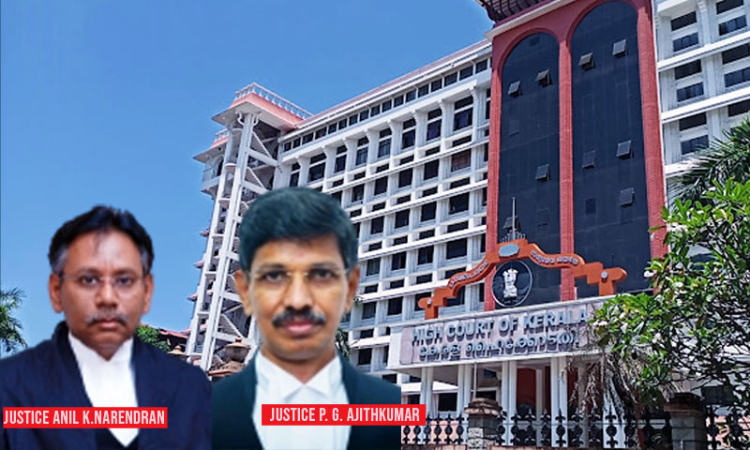News Report Claiming Devotees Made To Wash Feet Of 12 Brahmins At Temple False: Kerala HC Drops Suo Motu Case
Hannah M Varghese
30 March 2022 9:45 PM IST

The Court noted that the long-standing ritual was performed by the tanthri of the temple, who washes the feet of 12 priests.
Next Story


